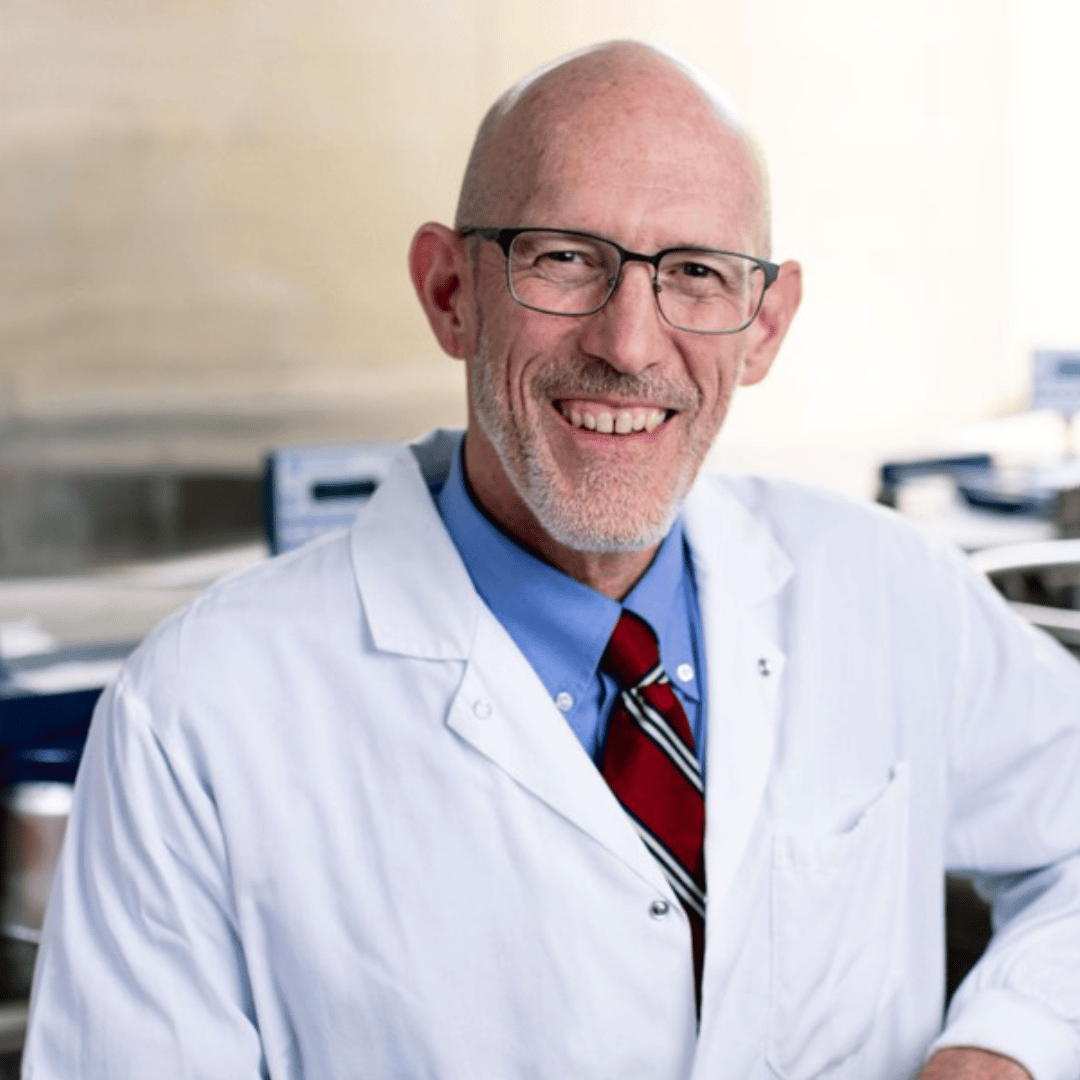As the school year unfolds, there are many questions surrounding the continued effect of disease on education. In our effort to keep school leaders informed this fall, we headed straight to the source for more information: Gregory A. Poland, M.D., the director of Mayo Clinic’s Vaccine Research Group. In this information-packed webinar, Dr. Poland discussed the science behind monkeypox and SARS-CoV-2, their vaccines, and ways to “live safer” during the continuing pandemic.
Dr. Poland began his talk by affirming what many in education are feeling—burnout. The effects of the pandemic have had an enormous toll, specifically within schools. Dr. Poland shared recent survey results from the National Education Association, which reports 55% of educators are thinking about leaving the profession earlier than they had planned. “They’re exhausted and exasperated, and classroom teachers and other school staff are under an unprecedented level of strain,” Dr. Poland emphasized, “made worse by dire staff shortages that have plagued school systems across the country.” And yet, as Dr. Poland said repeatedly—“the pandemic isn’t over.”
The current educational environment begs the question: what can school leaders and educators do this year to offset a viral surge—one that Dr. Poland predicts is coming this winter? Administrators, teachers, and parents alike are well aware that schools can be high transmission areas for any type of virus, so it makes sense to be concerned. The answer depends largely on which virus we are talking about—monkeypox is of less concern for schools, leading Dr. Poland to clarify: “it’s not a significant issue for kids…we don’t see it until people are getting into their 20s.” But by contrast, Dr. Poland predicted that the SARS-CoV-2 virus “will continue to develop immune-evading mutations,” that will occur “irregularly and unpredictably over time.”
The inevitability of future COVID variants and surges can sound disheartening for schools, which serve as one of the most important parts of our community infrastructure. Beyond providing supportive learning environments for students, they also support social and emotional development, provide access to critical services, and improve life outcomes. “I’m not saying kids should not be in school,” Dr. Poland clarified, “live your life—but do so safer.”
On that point Dr. Poland was clear: there’s no such thing as “safe,”—only “safer”—and relying on immunity from previous infection or previous vaccines isn’t enough. After reviewing what researchers understand about COVID-19 and its variants, Dr. Poland stressed:
- Mask wearing (a KN-95 or N-95 worn properly, when indoors around people who aren’t your family)—even if previously infected or vaccinated
- Staying up-to-date with boosters, since they wane in effectiveness over time, along with a flu vaccine for maximum protection
- Eating well, getting adequate sleep, getting exercise, and stress management—all of which have measurable effects on the efficacy of the immune system
Lastly, Dr. Poland urged listeners to get their information from credible sources, given the amount of disinformation surrounding these diseases and vaccines in general. We all need to do our part, he believes, to keep our communities safer this academic year.
We hope you found this webinar helpful as you plan for this school year—we’re dedicated to delivering valuable resources like these to schools. If you missed this dynamic presentation from Dr. Poland, you can find our on-demand recording here.
